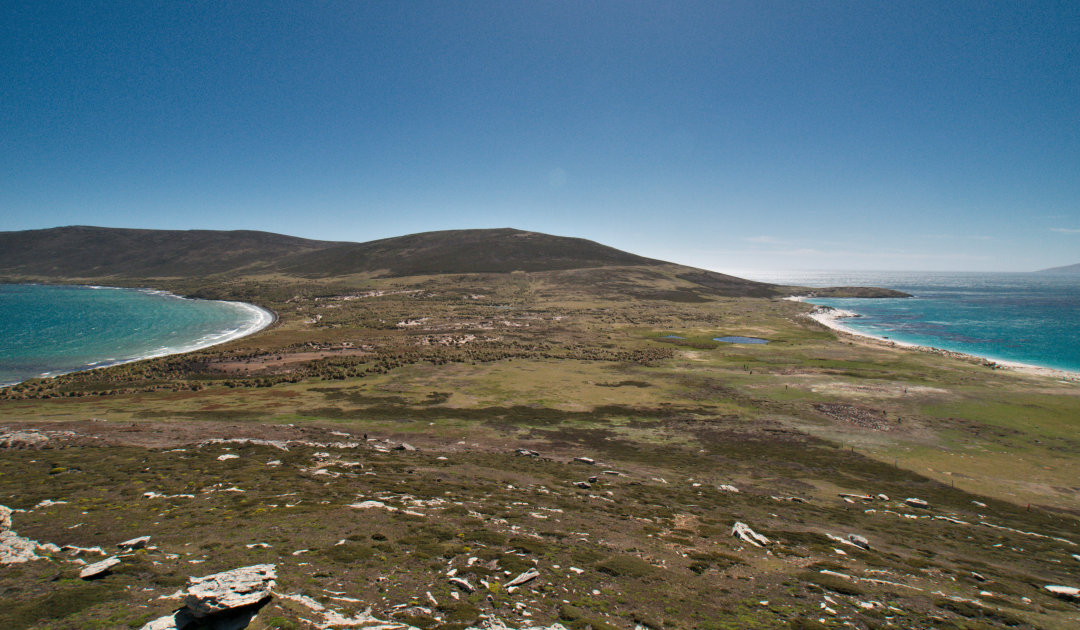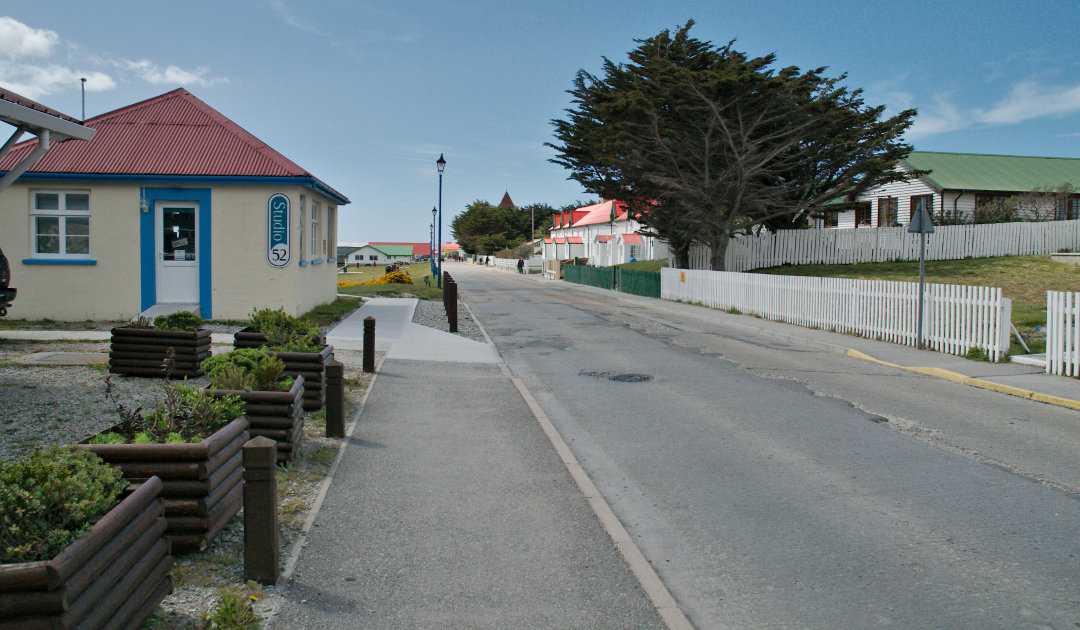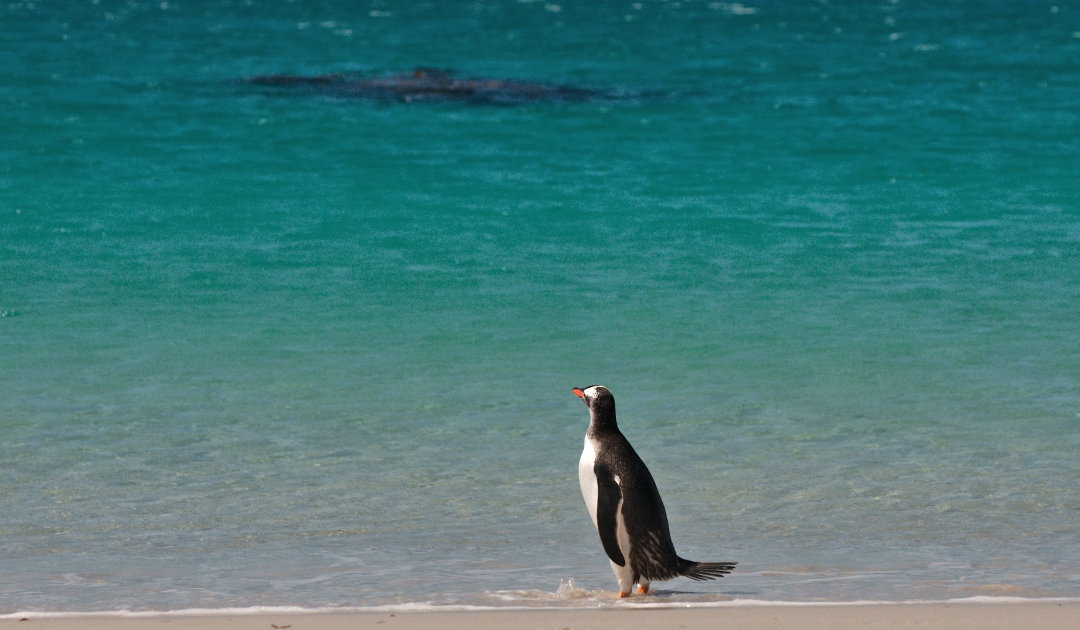
When the COVID pandemic started in early 2020, the Antarctic season for the Falkland Islands was slowly coming to an end. However, hopes that a season would start again barely 7 months later had to be buried relatively early. Entry restrictions, quarantine measures and a responsible population ensured that the approximately 3,000 inhabitants of the islands got through the pandemic relatively well and without high levels of infection. With the new 21/22 season just around the corner, however, they are now thinking about how protection of the population and an opening to tourists could go hand in hand.
The island archipelago in the middle of the South Atlantic has a lot at stake. This is because the tourism sector is one of the most important sources of income for the population. On some of the more than 770 islands, farms offer lodges that can be rented and from where you can experience the rich fauna and flora. Cruise tourism also plays a key role as a source of income, with many ships calling at the capital Port Stanley and day tourists booking numerous activities and excursions. Before the pandemic, about 82,000 visitors came to Port Stanley, according to the tourism authority. Therefore, the stakeholders of this important industry want some planning safety for the upcoming season.

Back in April, tourism officials had demanded that the government clarify the situation. At the time, however, representatives were cautious because of the imponderables of the situation, including in the UK. At the same time, financial aid for the businesses should ensure that tourism operators at least have security in this area, the responsible MPA explained at the time. The health officer of the self-governing authority, Dr Beccy Edwards, has now announced at a hearing that she favours a cautious relaxation of the strict quarantine measures. This is according to the local newspaper Penguin News. Their statement is based on the fact that 94 percent of the population has already received a first dose of AstraZeneca’s vaccine. She also put her statement into perspective: she believes that although there is a risk of relaxing entry measures, one must have confidence that the vaccine will work in such a way that people will not become seriously ill. People would still get sick if necessary, but not as severely.

Whether this change in strategy makes sense can only be assessed. As mentioned above, there is a risk of introducing the new variants on the island. And it is precisely these that now account for a large proportion of new infections in Europe. Furthermore, another island archipelago has crash-landed with its hopes of vaccinating its population for a possible opening to tourists. Until recently, the Seychelles in the Indian Ocean were considered a model country in the vaccination process. Just under 60 percent of the population was considered fully vaccinated. The governemnt had used the Chinese Sinopharm and the AstraZeneca vaccines given to them as donations by friendly states. But last week, reality caught up with the islanders and the government: The numbers of new infections skyrocketed, bringing the health system to the brink of collapse. A similar situation is to be avoided in the Falkland Islands like in the past. Nevertheless, the indirect risks must also be taken into account. The lack of health personnel and specialists is such an indirect risk and must be built into the overall picture. Therefore, a relaxation of the quarantine measures must be considered, Penguin News quotes the doctor as saying.

The flights currently available are all from RAF base Bryce Norton in South West England with a stopover in Senegal. It is true that Lufthansa and also the RAF had set records with non-stop flights. But the usual connections via South America are not an option at the moment, as LATAM has suspended all flights from Sao Paulo or Santiago de Chile until at least October 1. All entrants must present a negative COVID test, register, provide their own transportation to their quarantine site upon arrival, and quarantine for 14 days thereafter. It is not yet clear if and when a relaxation of this rule will now take place. But the islands and their now mine-free sandy beaches and scenic highlights are ready for tourists.
Dr Michael Wenger, PolarJournal
More on the subject:





